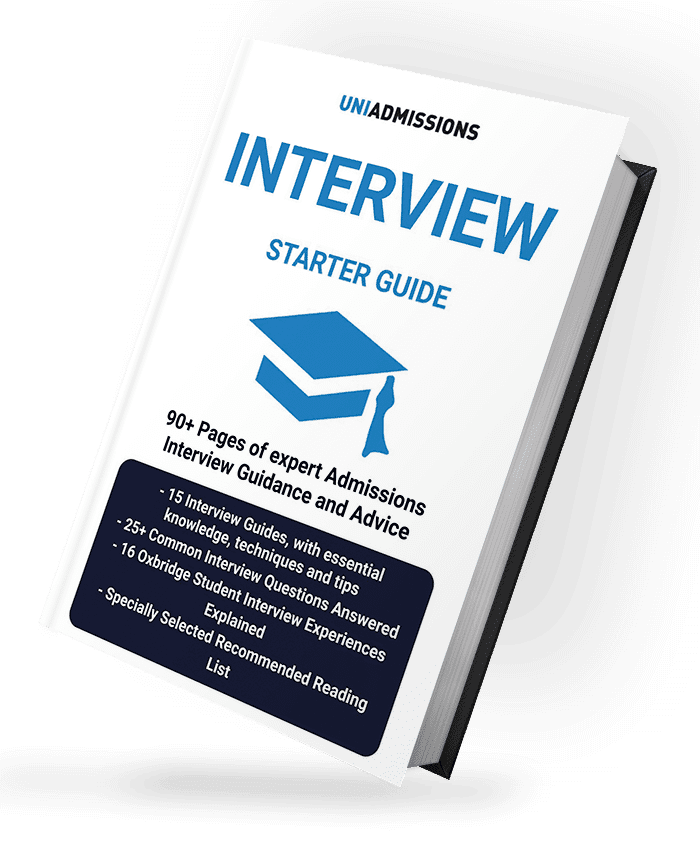This is Lisa’s experience of a Selwn College Cambridge Economics Interview in 2011 – if you’re applying for Humanities at Cambridge, then this will be a great indicator to what you need to think about when it comes to your Humanities interview.
The first interview of my Selwn College Cambridge Economics Interview was a general one with a fellow from a different subject discipline. It was a friendly, non-pressured conversation geared towards finding out about me, my interest in the subject, why I was applying to Cambridge, why the specific college, what I thought I’d get out of my degree, and what I thought I’d contribute.
The end of the interview focused on my resilience and strength as a person and whether I would cope with the demands of Cambridge life. I was given an opportunity to ask questions at the end – make sure you come prepared with at least 2 or 3 really good questions.
The subject interview was conducted by two Economics fellows and centred on an maths/logic problems. I had two problems to complete. I was able to ask questions and when I got stuck the interviewers prompted and directed me to move the interview along. This interview lasted somewhere between 30 minutes to an hour. In addition to the problems, I was asked questions based on my personal statement and the reading I had done.
The subject interview was very challenging, as they are designed to be.
I highly encourage you to clarify questions if they’re not clear or you don’t completely understand to avoid wasting valuable minutes solving the wrong problem or answering the wrong question!
The format was as expected, but the questions and problems I was given were more challenging than expected. The interviewers also spent a fair amount of time discussing the specific areas of interest I had outlined in my Personal Statement.
The “bad cop” interviewer flipping to a random page in one of the books I had listed in my Personal Statement and asking me to teach him the economic concept on that page definitely stands out! I was asked the kinds of questions that are Oxbridge interview myth, and that one certainly threw me for a second.
I did a lot of reading around the areas that I had highlighted in my Personal Statement beyond just the books I had said I had read. I also re-read all the books mentioned in the Personal Statement in the week leading up to the interview.
I also had several mock interviews leading up to the interview, a couple with my teachers but the most useful ones were actually from outsiders as I had no way to anticipate their interview questions and styles and they were a lot tougher on me than my teachers were.
The Selwn College Cambridge Economics Interview were daunting as I hadn’t experienced anything like that before, plus there are a lot of horror stories floating around about Oxbridge interviews, some of which are warranted, others of which are not.
As an intellectual exercise, it was actually quite enjoyable, and I think it’s fantastic that Cambridge affords almost all students the opportunity to come and demonstrate their ability in person. I think the interview process, while rigorous, is ultimately very fair.
Make sure you are up to date on world affairs and economic issues; this isn’t hard to do if you read the news, read broadsheet newspapers like The Financial Times and read magazines like the Economist. If you have special areas of interest, nothing wrong with bringing that niche knowledge into your interview.
Get plenty of interview practice, especially working on abstract problems under timed pressure.
Download our FREE 90-Page Interview Starter Guide
Our 90-page E-Book is filled with expert Interview Advice, common interview questions and first-hand interview experiences from successful Oxbridge applicants.
To access all this for free, just enter your name and email address and you’ll be sent the guide directly to your inbox.


